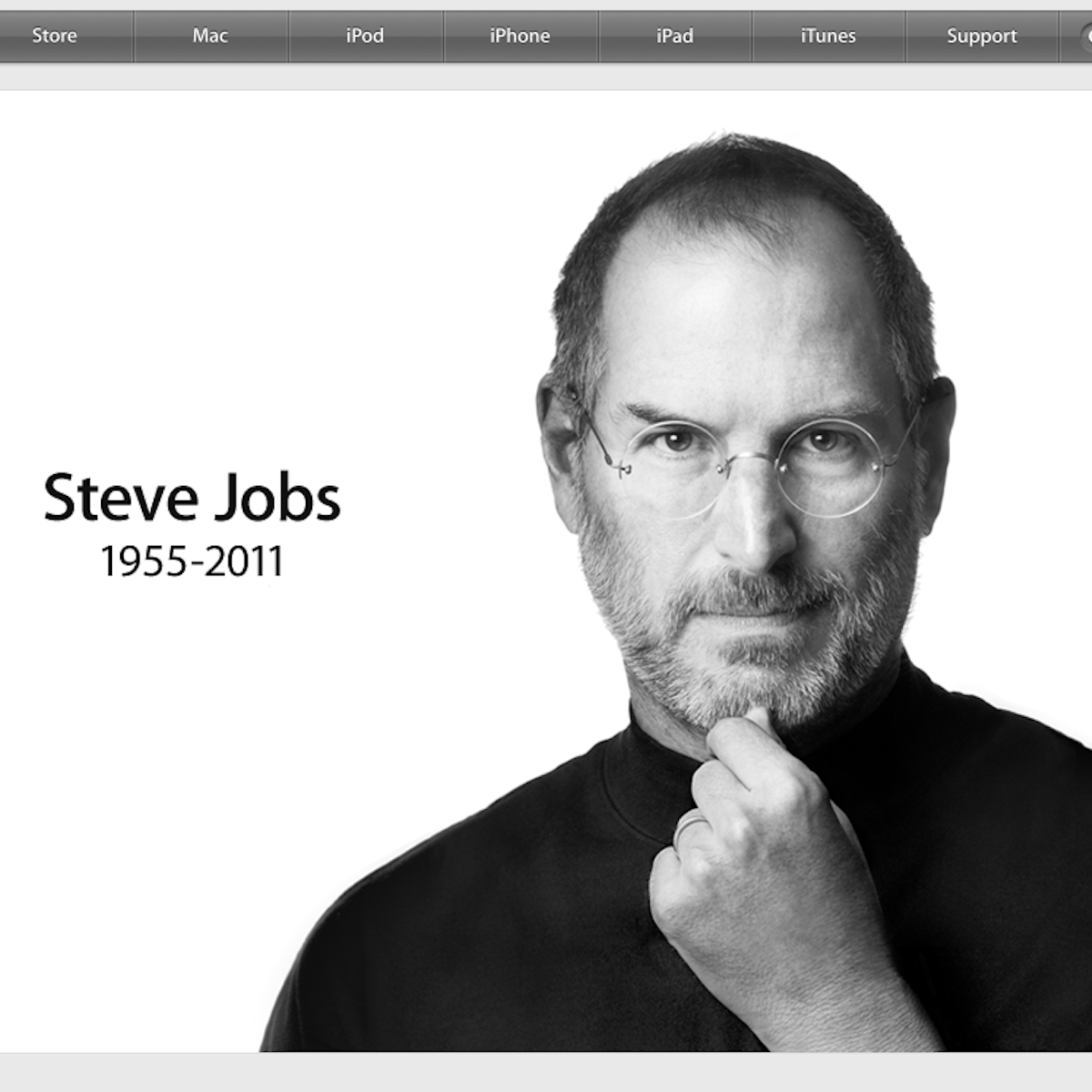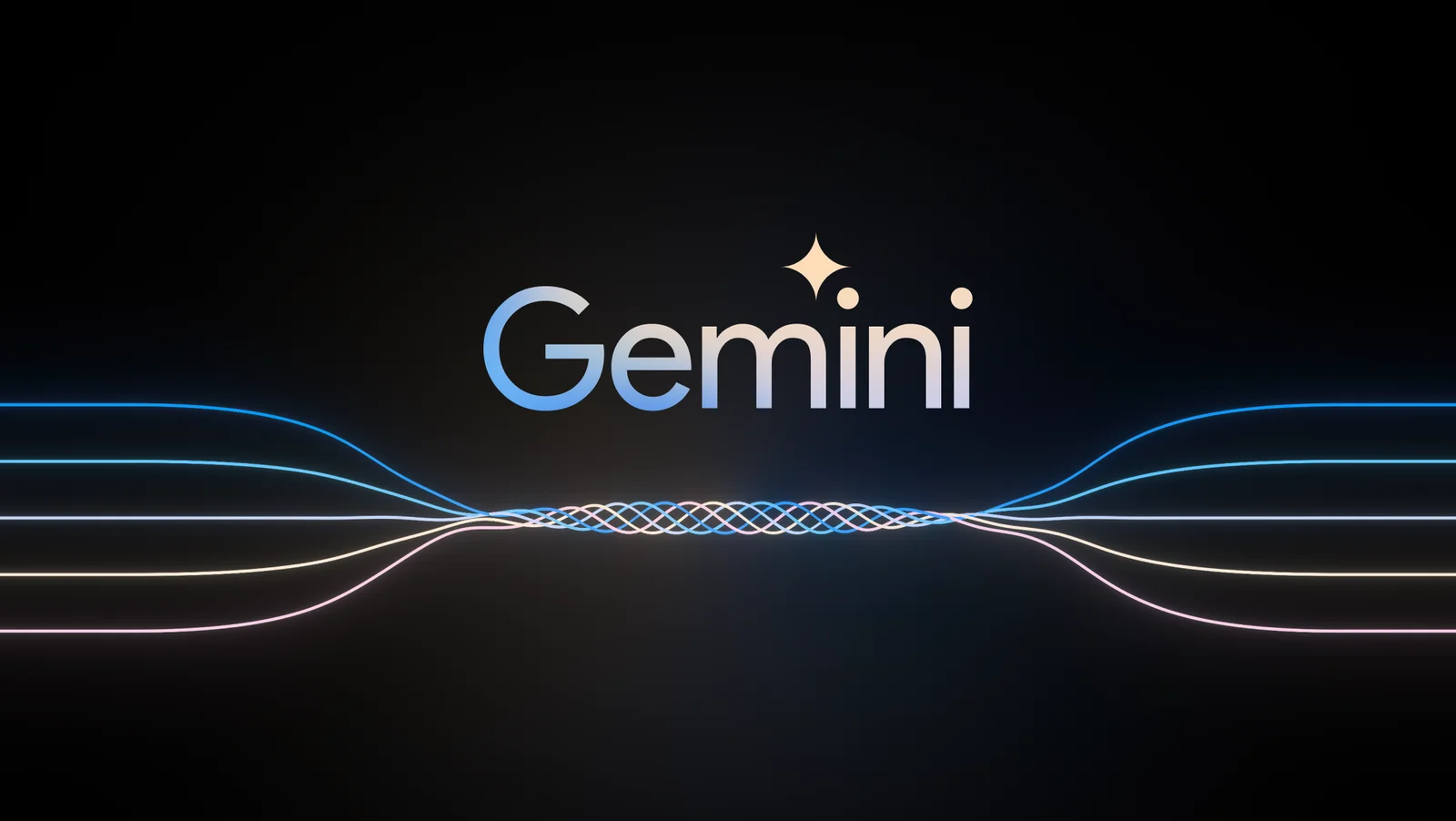Josh Bernoff has a wonderful post about writing conclusions which inspires me to say something about how to conclude an academic essay or even conclude a blog post, such as this one. Let's see how I do.
But first, click the link above and read Bernoff's post. He's quite an accomplished writer, and you can learn something from reading him. After all, you have to write a conclusion for two essays and many blog posts this term. You should start practicing your conclusions.
From my experience as a writer and writing teacher, conclusions present a couple of problems for academic writers. First, too many academic writers are trapped in the 5 paragraph essay formula, as Bernoff notes in his post. I can see why. Most of us were taught that formula in high school, and it's fairly easy to do. You can bang out an essay in one sitting the night before it's due and get it off your to-do list with a minimum of involvement. If you really don't care about the topic, then getting it done quickly is the prime consideration. The form goes like this:- One intro paragraph to say what you're going to say (the thesis).
- Three paragraphs to say it and support it.
- One conclusion paragraph to say what you said (basically, restate the thesis).
You turn it in even though you know it's a vapid little essay that says damned near nothing and that you yourself wouldn't read (I'm convinced that many of my students don't actually read their own essays), but you know the teacher has to read it, and you're hoping that they, too, are busy and just want to be done with grading, so maybe they'll give you a good grade, or at least a passing grade. It's dull writing and why many English teachers drink to excess (not I, of course). You might need to repeat your thesis if you are writing a book or exceedingly long essay, but we are writing short works in this class (blog posts and two 1,000 word essays), so you can safely assume that your reader will remember the thesis that they just read less than five minutes ago — assuming that you wrote a memorable thesis.
A second problem with five-paragraph conclusions is that people tend to start writing one thing, and along the way, their essay morphs into something a little — or a lot — different. So now you have a quandary: do you conclude with the thesis you started with, the point you ended with, or just move on to something altogether different? Who knows?
Obviously, conclusions require a different way of thinking. Fortunately, Bernoff gives us some useful advice about how conclusions should work, and he provides five different ways to conclude your essay. First, he says you might tell your readers what to do with the information you've just given them. For instance, I could conclude this post by telling you to use one of his five conclusion strategies when you rewrite one of your essays for me. Now you know what to do with the information I'm giving you. That's concrete action, and now that you've read both Bernoff and me, you know how and why to conclude that way.
Second, Bernoff says you can conclude by telling your reader what will happen next, or in one year, or in five years based on what you've written. Where does your information take the reader or the nation or the world? For instance, I could conclude this post by telling you that using Bernoff's conclusion strategies will convince your readers — including your teachers — that you are a bright person who knows how to write and who deserves a good grade. This kind of conclusion helps you understand the consequences of my post for your own writing.
Third, Bernoff says to conclude with the broader significance of what you've written. I could conclude this post by saying that if all my students would write better conclusions, then the quality of academic discourse at Middle Georgia State would go way up, we would all sound smarter, and students would make better grades. This conclusion helps you see the larger implications of my post.
Fourth, Bernoff says to conclude by noting analogous, or similar, things happening elsewhere. For instance, I could conclude this post by noting that being able to write conclusions that ease the reader elegantly back into the real world with some useful knowledge is similar to a satisfying conclusion to an engaging movie. A good ending to a movie tells the viewers that the movie is over and resolves the main issues of the movie or prompts the viewers to come back for the sequel. Your conclusions can do something like that — and I may write more about this later (sequel).
Finally, Bernoff says you can conclude with a brief discussion about when your information is true or applies. This helps your reader understand the context in which your discussion makes the most sense. For instance, I could conclude this post by saying that being able to end a written document elegantly helps your academic readers, including your teachers, to understand the significance of your essay, and it convinces them that you were worth reading. That's an especially important result to get from your teacher who must assign you a grade and later from your boss who has to decide whether to keep employing you or not.
Any one of these five types of conclusion works so much better for this post than merely repeating my thesis, saying something like: So I've told you five different ways to conclude an academic essay. That is so boring, and it insults your intelligence by assuming that you can't remember what you just read. I suppose this tactic was fine for your Tenth Grade English class, but it really doesn't work in college, or in life.
So which of these five conclusions works best for this blog post and why? (Oh, yeah, you can also conclude a post with a question that suggests ways to extend the discussion, as I just did.) Now that you have six ways to end an academic essay or blog post, tell me which approach makes the most sense for this particular post. And notice how, by adding a sixth strategy, I just messed up any chance of simply repeating my original thesis which mentions only five strategies, but I am free to do this because I'm not concluding by simply retelling you what I just told you. You, too, should stop concluding your writing by simply restating the thesis. Why not ask Gemini for 10 different ways to conclude an academic essay, and leave the most interesting in a comment below. Also, leave a comment about which of these many strategies best fits your second essay for this class and why you will use it.
_1554820948.jpg)



.jpg)







